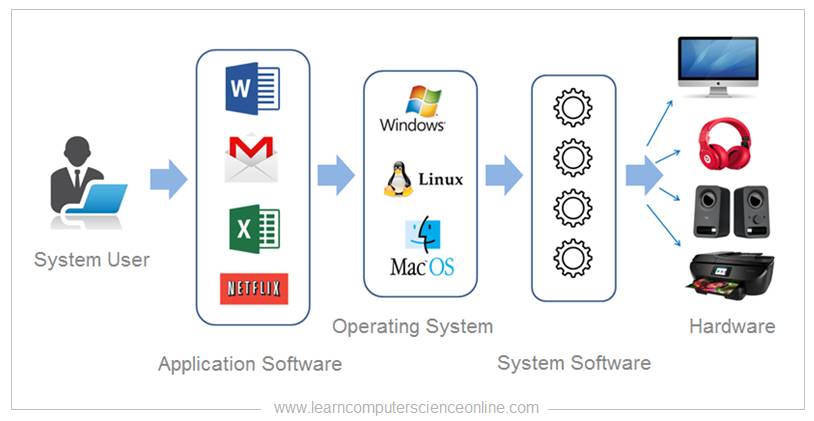Fire doesn’t negotiate. It follows physics, chemistry, and bad planning. This LMS module exists to make sure learners stay on the winning side of those laws.
Fire Risk Assessment, Prevention, and Emergency Evacuation Procedures is a practical, safety-critical course designed to help learners identify fire hazards, reduce fire risks, and respond correctly if a fire emergency occurs. The focus is not theory for theory’s sake, but clear actions that protect lives, property, and business continuity.
The course begins with fire risk assessment: how to recognize common ignition sources, flammable materials, and unsafe practices in workplaces, schools, and public facilities. Learners are guided on how to evaluate risk levels, document findings, and understand legal and organizational responsibilities related to fire safety.
It then moves into fire prevention, covering everyday behaviors and control measures that stop fires before they start. Topics include safe electrical use, proper storage of combustible materials, housekeeping standards, use of fire detection and suppression equipment, and the role of staff and management in maintaining a fire-safe environment.
Finally, the module covers emergency evacuation procedures. Learners are trained on how to respond calmly and quickly during a fire incident, raise alarms, follow evacuation routes, assist others safely, and assemble at designated muster points. The course emphasizes coordination, communication, and drills—because in real emergencies, muscle memory beats panic.
By the end of this module, learners will be able to assess fire risks confidently, apply effective prevention strategies, and execute safe evacuation procedures in line with recognized safety standards. The goal is simple and serious: fewer fires, faster responses, and everyone getting out alive.
5 Lessons
Started: Jan 2026


